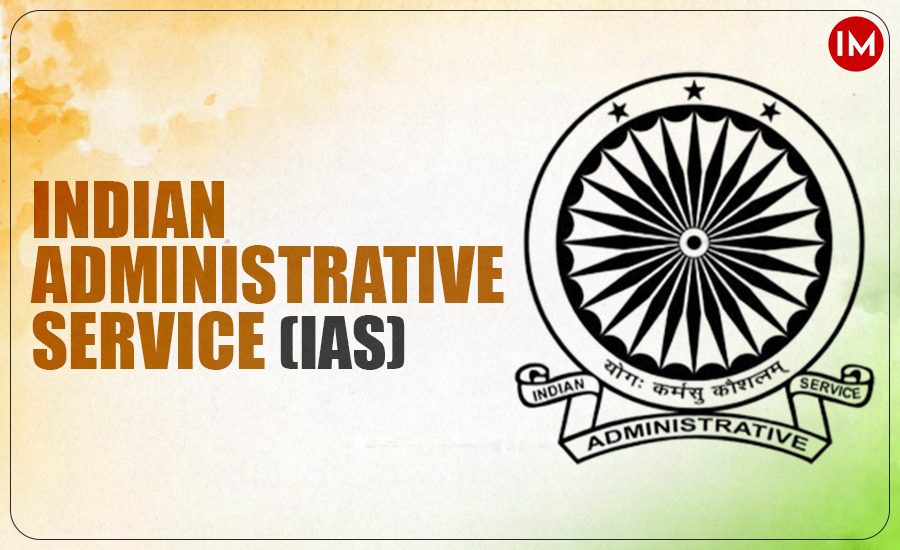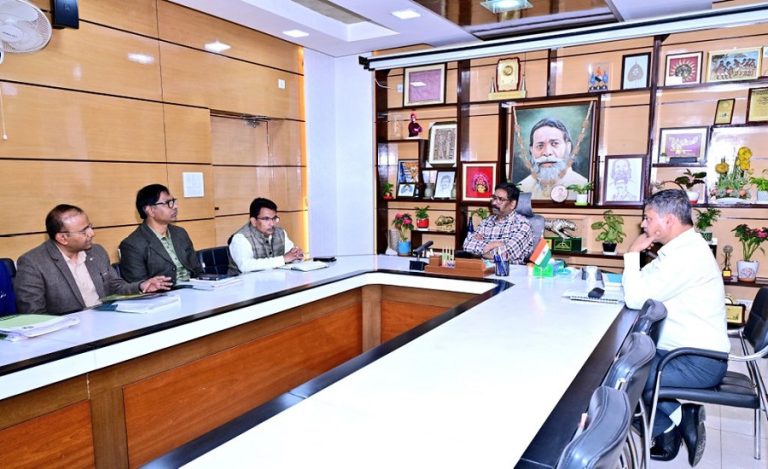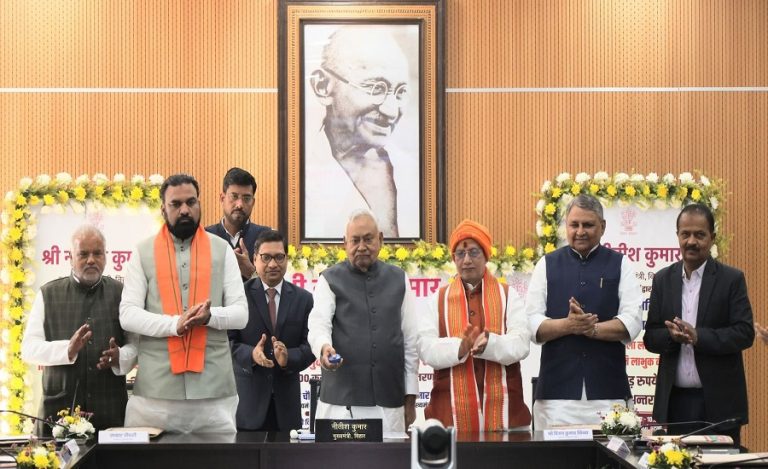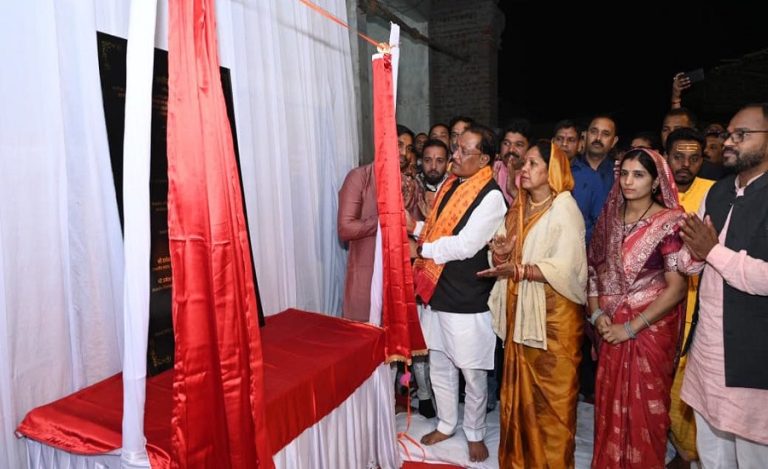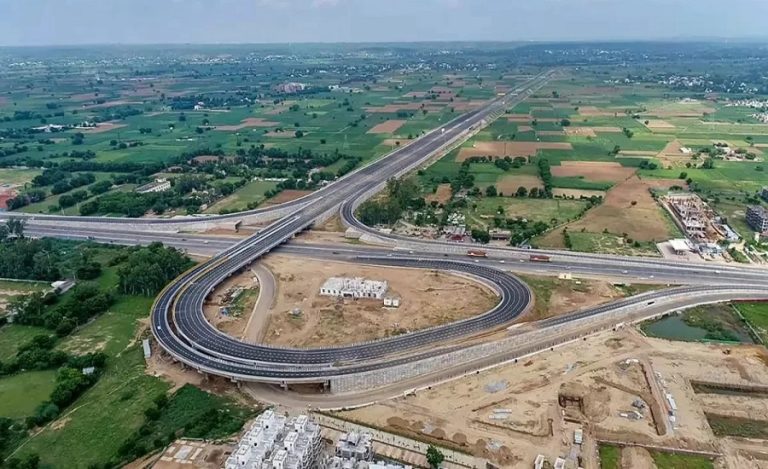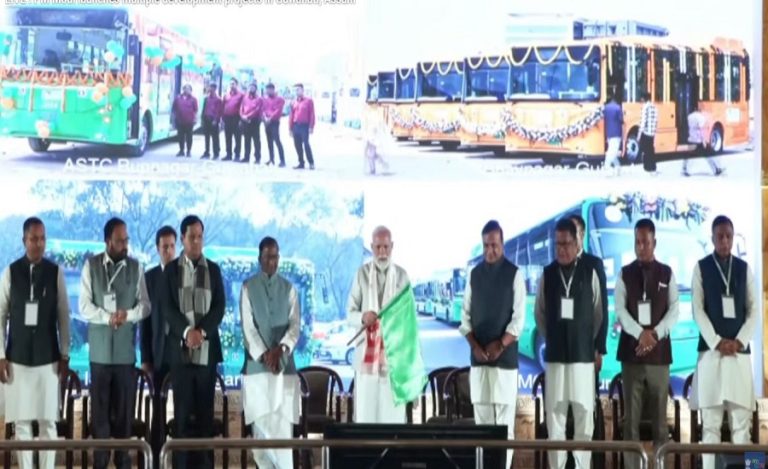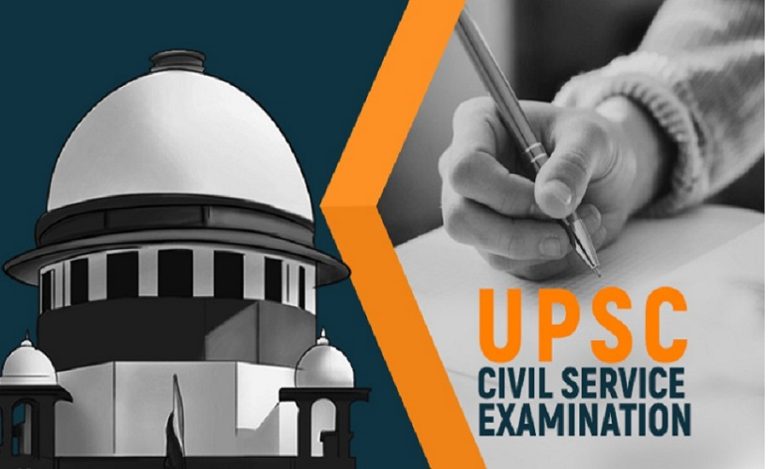New Delhi: A wave of professional uncertainty and unrest is sweeping through Punjab’s bureaucratic machinery as multiple IAS officers actively seek No-Objection Certificates (NOCs) to move to Central Deputation, citing fears of career stagnation and administrative paralysis in the state.
Rising Career Anxiety Among Punjab IAS Officers
Over eight to ten IAS officers, including senior officers such as Tejveer Singh (PB: 1994), Dilip Kumar (1995), S Awhad Nilkanth (1999), Alaknanda Dayal (2000), and Zade Vijay Namdeorao (2002), are reportedly awaiting NOCs from the Punjab government. Their concern extends beyond current postings to the jeopardised prospects for empanelment as Additional Secretary or Secretary in the Government of India—positions often contingent upon Central Deputation experience.
This perceived administrative bottleneck has contributed to Punjab’s growing reputation as an “administrative graveyard,” where career progression stalls and capable officers seek exits.
Long Delays in Postings Add to Bureaucratic Malaise
Adding to the unrest, several other officers such as Gurkirat Kirpal Singh (2001 batch), Puneet Goel, K P Brar, Pramjit Singh, and Paramvir Singh have been reportedly waiting for new postings for over 5 to 7 months, with some still without official assignments. This prolonged limbo signals deeper governance challenges within the state apparatus.
The Paralysis of Power: A Skewed Balance in Punjab’s Administration
A significant section of Punjab’s bureaucracy claims the formal administrative framework, comprising the Chief Minister’s Office and the Chief Secretary, has lost its functional balance. The Chief Minister is widely perceived as unable to take decisive administrative decisions, resulting in paralysis.
Complicating this scenario, the Aam Aadmi Party’s national convenor Arvind Kejriwal and Rajya Sabha MP Raghav Chadha, who reportedly exert strong control over state affairs, are said to be unavailable or inaccessible, further deepening bottlenecks in governance and decision-making.
The Role of the Chief Secretary and the Bottleneck in Professional Movements
Despite the Chief Secretary’s formal authority, many officers feel the incumbent is unable to advocate effectively for his peers, including facilitating the release of pending NOCs. This administrative stalemate is symptomatic of a wider dysfunction that leaves experienced officers sidelined and aspirants frustrated.
Delhi Proxy Rule: Parallel Power Centres and Political Influence
Punjab bureaucrats draw a sharp distinction between governance in Punjab and other states such as West Bengal. While West Bengal’s Chief Minister reportedly exercises direct control over administration, Punjab’s bureaucracy alleges the state is effectively governed by political affiliates of AAP who have relocated from Delhi to Chandigarh, creating a parallel power structure.
Insiders point to figures such as Bibhav Kumar, a former aide to Kejriwal and dubbed the “super chief secretary,” who is believed to wield decisive influence over personnel and career decisions. Similarly, Jasmine Shah, a former vice-chairperson of the Delhi Dialogue and Development Commission (DDC), is described as a key gatekeeper whose approval is allegedly necessary for processing cabinet notes—an act reportedly in violation of the Official Secrets Act.
Impact on Bureaucratic Efficiency and Governance
Sources within the state administration claim this proxy governance arrangement has resulted in an environment where political directives from outside the constitutional framework override bureaucratic decision-making, leading to inefficiency and delayed governance outcomes.
A Critical Juncture for Punjab’s Bureaucracy
The Punjab administrative crisis reflects a complex interplay of political control, bureaucratic stagnation, and governance challenges. How the state addresses this impasse may determine its administrative effectiveness and its ability to attract and retain top bureaucratic talent in the coming years.

